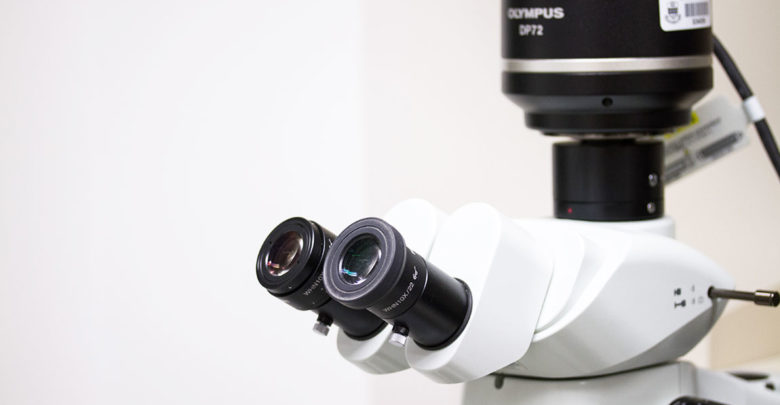 Tianbo Liu
Tianbo LiuNow that the semester is almost over, science students are worrying about two things: labs of the present and labs of the future.
If that’s you, right about now you’re having to organize your next round of labs in the upcoming academic year while keeping on top of your coursework.
In a STEM degree, labs will consistently add an extra layer of stress onto your life. And it’s not like these are voluntarily taken on at first – a good portion of these intro-level courses with lab components are being taken to fulfill a degree requirement, not to gain career-relevant experience.
Almost half of a first-year’s time is spent being cranked through the system that’s designed to give students a “good base” (that first-year core is especially a bitch). Now, what makes a “good base” can easily be debated. The coursework itself is grueling – maybe it needs to be changed, maybe not. But my beef right now is with the labs. Labs that are supposed to give aspiring scientists-to-be a taste for what’s to come.
If only they actually accomplished that.
But they don’t. Most of the time, an intro-level lab is spent stressing about whether the specific instructions were followed. For observation labs, like in a lot of early biology courses, grading is largely based on one’s ability to memorize specimen names. For procedural labs, such as in chemistry, grading is based mainly on the calculations done before and after the lab. Usually what happens in the lab is arbitrary (just don’t break the glassware – that will affect your finances, maybe grades too).
Good things do happen in labs, like making friends. This is probably the number one strength of an intro-level lab — they can be a great team-building experience. But this strength is nullified by grading students on their ability to memorize two independent but equally necessary sets of definitions/calculations. The team-building aspect is irrelevant. And your final mark isn’t determined by coursework with a lab component – just by doubling the coursework.
What use is that? Other than proving your excellent memorization skills, it’s not prime resume material. Prime resume material is relevant career experience, but for that it’s best to just volunteer in a lab or try your best to get a job as a lab assistant for the summer. The former is fine, but when a person is already enrolled in three or four labs a week, scheduling can get a bit tight. The latter is also fine, but it requires a hefty GPA, and is much easier to accomplish if the hefty GPA is accompanied by volunteer experience. How does a person prioritize? With difficulty. It’s certainly doable, but this could be much more efficient.
A better system would be one that actually tried to not only introduce but develop skills in the new science undergrads. Give people a space that would be okay to make mistakes. Grade them, but do it in a way that doesn’t entirely hinge on their memorization/calculations. What we have right now is a system that grades redundant theoretical knowledge as practical experience.
We have plenty of excellent resources in the sciences at the U of A. There’s no reason we can’t make intro undergraduate labs more effective tools for learning.




